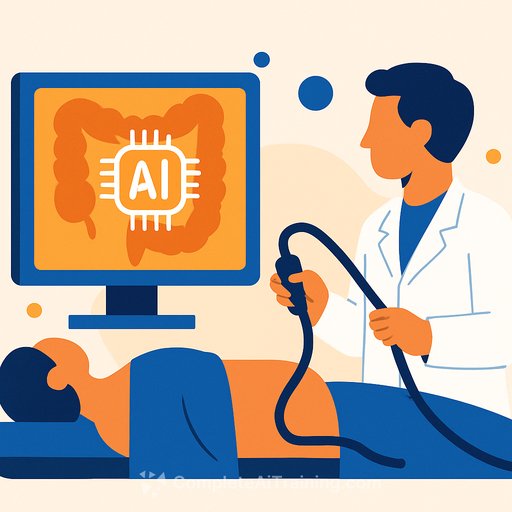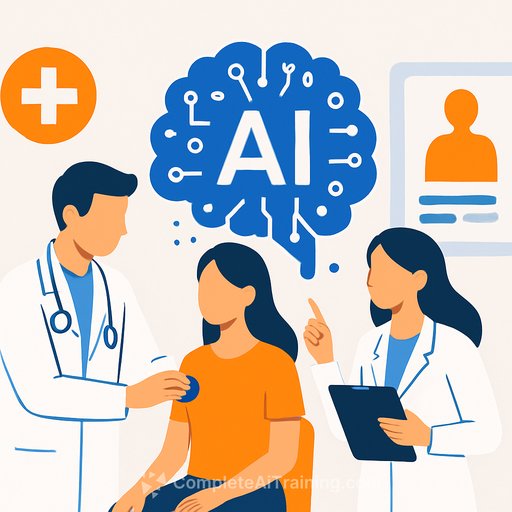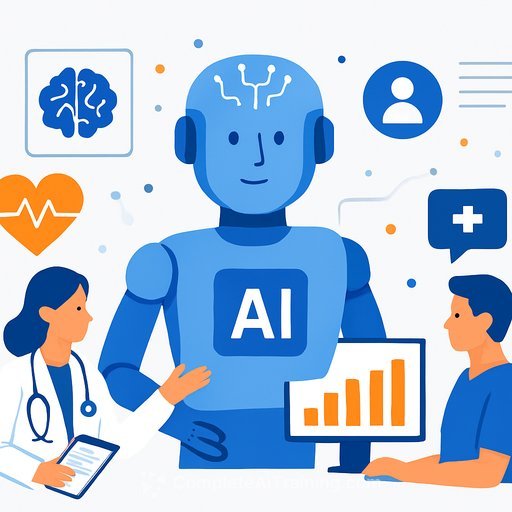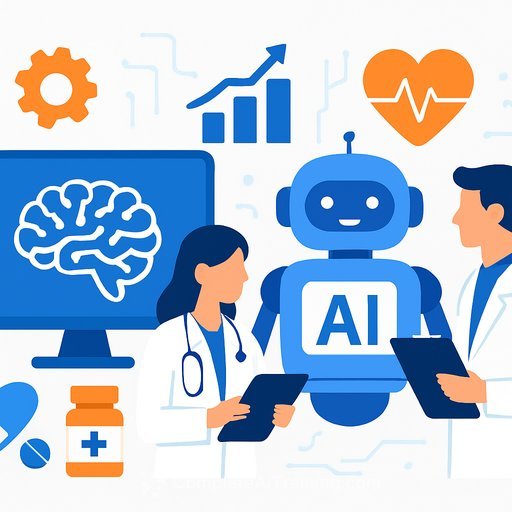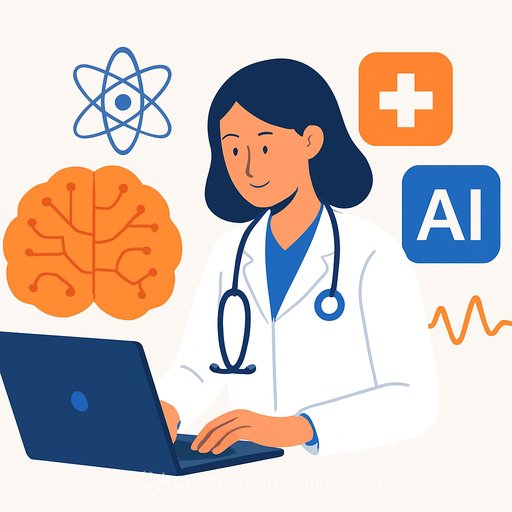The GIST Routine: AI and Skill Loss in Colonoscopy Practice
Artificial intelligence (AI) is making its way into colonoscopy procedures, helping endoscopists detect precancerous growths called adenomas. While AI assistance increases adenoma detection rates, recent findings suggest a concerning downside: regular AI use may reduce endoscopists' ability to detect adenomas without AI support.
What the Study Found
A multicenter study conducted across four colonoscopy centers in Poland compared adenoma detection rates before and after introducing AI assistance. Experienced endoscopists performed 1,443 colonoscopies without AI—795 before AI introduction and 648 after. The key finding was a significant drop in adenoma detection during non-AI-assisted colonoscopies after AI was introduced: from 28.4% to 22.4%. This represents a 20% relative and 6% absolute reduction in detection rates.
In comparison, AI-assisted colonoscopies had a 25.3% adenoma detection rate. This data suggests that reliance on AI might be eroding the fundamental diagnostic skills of endoscopists when AI is not in use.
Why This Matters
Colonoscopy is vital for bowel cancer prevention by identifying and removing adenomas early. If AI assistance causes deskilling, the benefits of colonoscopy could be undermined when AI isn't available or fails. This raises important questions about how continuous AI exposure affects clinical skills.
A leading researcher noted this is the first study to show a negative impact of regular AI use on healthcare professionals' ability to perform a medical task independently. Given the fast adoption of AI in medicine, more research is urgently needed to understand and address these unintended effects.
Considerations and Limitations
- The study was observational, so other factors may have influenced the reduction in detection rates.
- It involved highly experienced endoscopists, which may limit how these findings apply to less experienced practitioners.
- Further research is needed on how long-term AI use affects skill retention, especially among trainees and less experienced professionals.
Expert Commentary
Experts highlight that while AI enhances clinical outcomes, there is a risk of "deskilling"—a gradual loss of core competencies due to over-reliance on AI. This could impact patient outcomes if clinicians lose confidence or ability to detect adenomas without AI support.
Careful implementation and ongoing training are essential to ensure AI tools support, rather than replace, clinical expertise. It’s critical to maintain a balance between leveraging AI benefits and preserving core diagnostic skills.
What Healthcare Professionals Should Take Away
- AI can improve adenoma detection but should complement, not substitute, clinical judgment.
- Regular skill assessments and training are important to prevent deskilling.
- Be vigilant when relying on AI and maintain proficiency in traditional diagnostic methods.
- Engage with ongoing education on AI integration in healthcare to understand its impact fully.
For health professionals interested in expanding their knowledge on AI tools and their implications, resources like Complete AI Training offer relevant courses and up-to-date content tailored to healthcare roles.
Further Reading
- Endoscopist deskilling risk after exposure to artificial intelligence in colonoscopy: a multicentre, observational study, The Lancet Gastroenterology & Hepatology (2025)
Your membership also unlocks:

